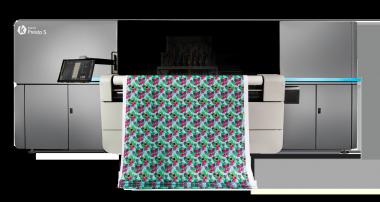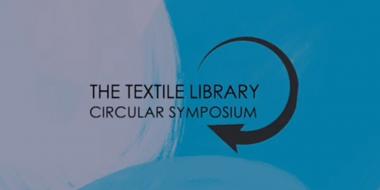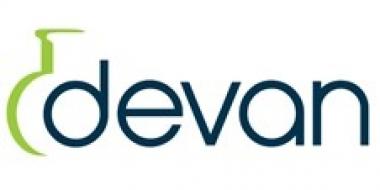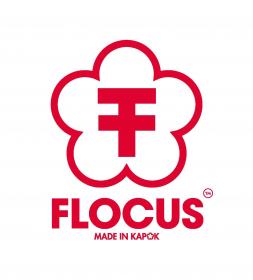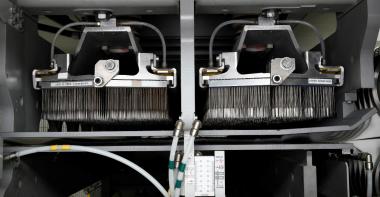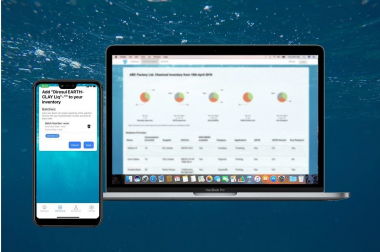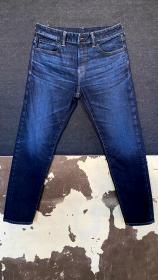Devan launches bio-based softener and quick-dry finish
Devan Chemicals recently added two more products to its range of bio-based textile finishes. One being a softener, the other one a quick-dry finish. Both are derived from vegetable oils and are in line with the company’s latest innovations on bio-based chemistry.
Due to the Covid-pandemic, serving as an accelerator for a worldwide green economy, the textile industry is increasingly seeking more sustainable and products fit-for-circular programs. According to McKinsey & Company, the textile industry will experience innovation surrounding sustainably sourced raw materials and bio-based chemical additives to accommodate increasing consumer demand.
Devan launched its first bio-based technology in 2019 and is fully committed to making bio-based versions of their existing textile finishes. ‘We have put ourselves on a mission to be able to extend our Bio-Based range further”, says Sven Ghyselinck, CEO of Devan. “We wanted to make an even bigger impact on circularity than before, therefore we looked into what fabric producers use a lot: softeners and moisture management systems. Only by focusing more on the large volume products, can we support the industry to have a bigger impact on sustainability. After the growing success of our natural antimicrobial BI-OME NTL, we are proud to now introduce our new natural Passerelle line”.
Passerelle Soft NTL is a durable softness technology based on vegetable ingredients. The technology is wash durable and can be used with natural fibres like hemp, cotton, but is also fit for synthetic fibres like rPES, PA. The bio content of the technology is above 85% (ASTM D6866-20).
Passerelle Quick-Dry NTL is a moisture management technology also based on vegetable ingredients. This bio-based finish enables high wicking and evaporation capability which helps to evaporate water/sweat easier and faster. The technology is also > 60% (28 days) biodegradable according to OECD 301B.
Devan Sustainability chemicals textile specialty chemicals textile finishing cotton hemp synthetic fibers and yarns
Marketing Solutions NV






